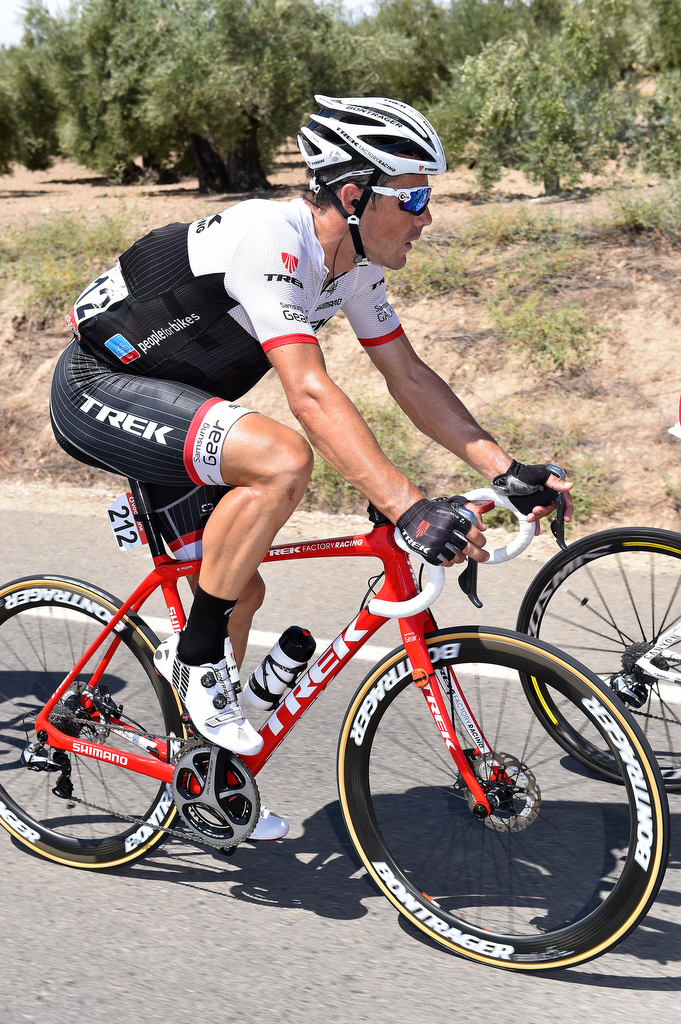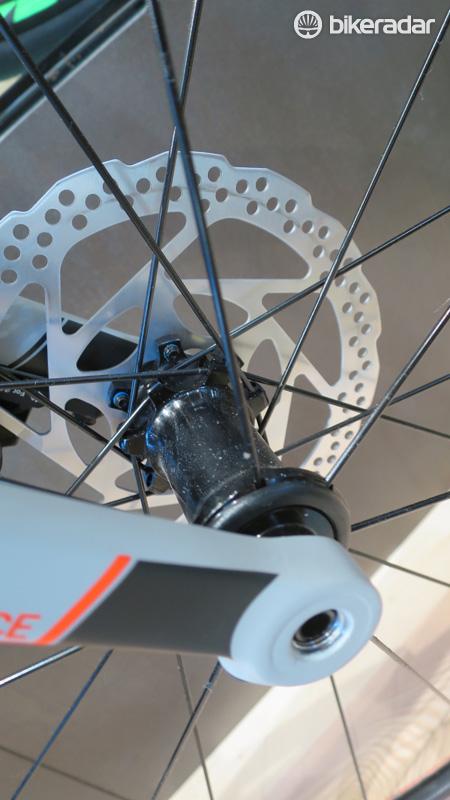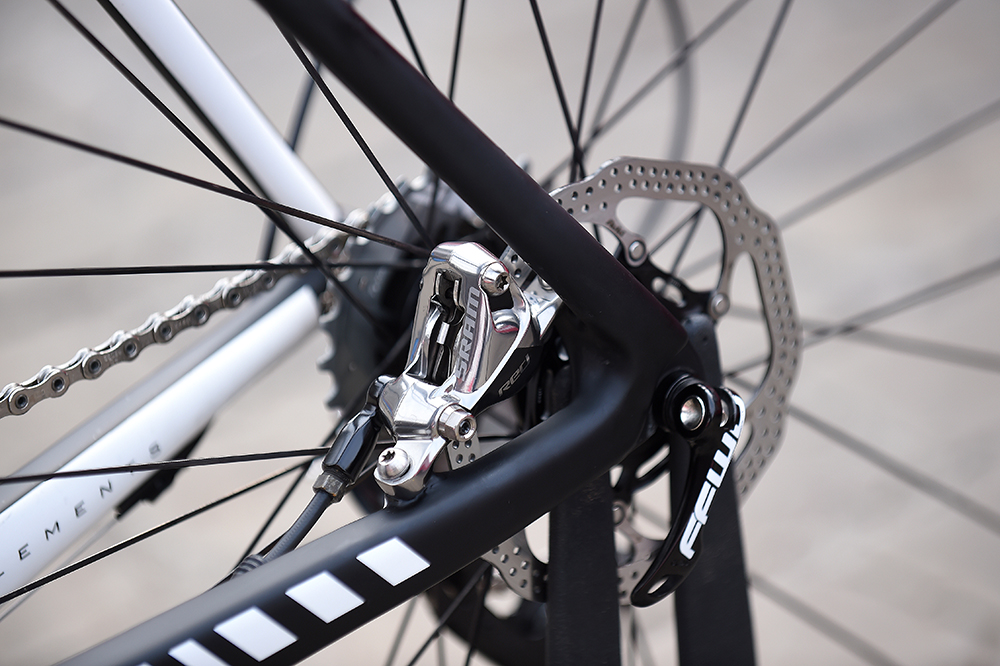CPA believes testing disc brakes in peloton could cause crashes
Riders' association to ask UCI to reconsider plans





The Association of Professional Cyclists (CPA) has said that it is not against the introduction of disc brakes into the peloton but that riders’ safety must come first. CPA president Gianni Bugno expressed his concern that testing disc brakes in the professional peloton, where with different types of brakes are being used, could cause crashes.
"We are not opposed to the technological innovation, but not at the expense of the safety of the riders," Bugno said in a statement from the CPA sent to Cyclingnews.
"It is not possible to test new technologies in races like the WorldTour where riders are struggling to the last to win or hold the position in the group. What would happen if, as it always happens, there was a sudden stop in the group and the riders have two different braking systems with a different type of modulation? Surely, a fall."
Bugno says that the CPA will now write to the UCI and request them to review the plans to allow the testing across the professional peloton in 2016. They will also launch an anonymous survey to garner the opinion of the riders – several of whom have already expressed concerns. The results of the survey will become clear early next year.
"We know that many of [the riders] are worried about the introduction of this innovation and that tests on the disc brakes made by the UCI have not had a very positive opinion in favour of their introduction. In early January we will have the results of the survey and we will present them to the UCI in extreme transparency," explained Bugno.
"We asked the UCI in October to allow a member of the CPA to be part of the materials commission to give a contribution and to be the voice of the riders in the discussion, but we are still waiting for our request to be accepted - it will probably be at the next CCP in March when we know something."
On Monday, the UCI announced that it had approved wider use of disc brakes within the peloton. Disc brakes were first introduced late last year with teams able to select two races at which to test them. This wider testing will allow both men’s and women’s teams to use the system at all major races, before it becomes mandatory in 2017. The initial take-up amongst teams has been tentative and Trek Factory Racing – the first team to use disc brakes in a Grand Tour – have said that they will not use them in the Tour Down Under but later in the season.
The latest race content, interviews, features, reviews and expert buying guides, direct to your inbox!
It is expected that the wider use of disc brakes will take place during the Classics in March and April, but it will still be subject to individual teams’ decisions. Bugno added that the combined use of the traditional braking system and the new disc braking system would cause logistical problems as well as safety issues.
"Organizers will not be able to ensure suitable [neutral service] wheels because of the two different braking systems. We run the risk of having a rider stuck a few kilometres from the finish line because [neutral service] hasn't a wheel for discs - we have to take into account that now the wheels will be 50 per cent normal and 50 per cent with disc," said Bugno.
"The technology must go ahead but must be developed in non-competitive races. Once it is established that the new system is more secure than the previous it must be entered in competitions and mandatory for all the riders."
